Eat, Drink, and Hangout While Exploring the Jujo Ginza Shopping Arcade
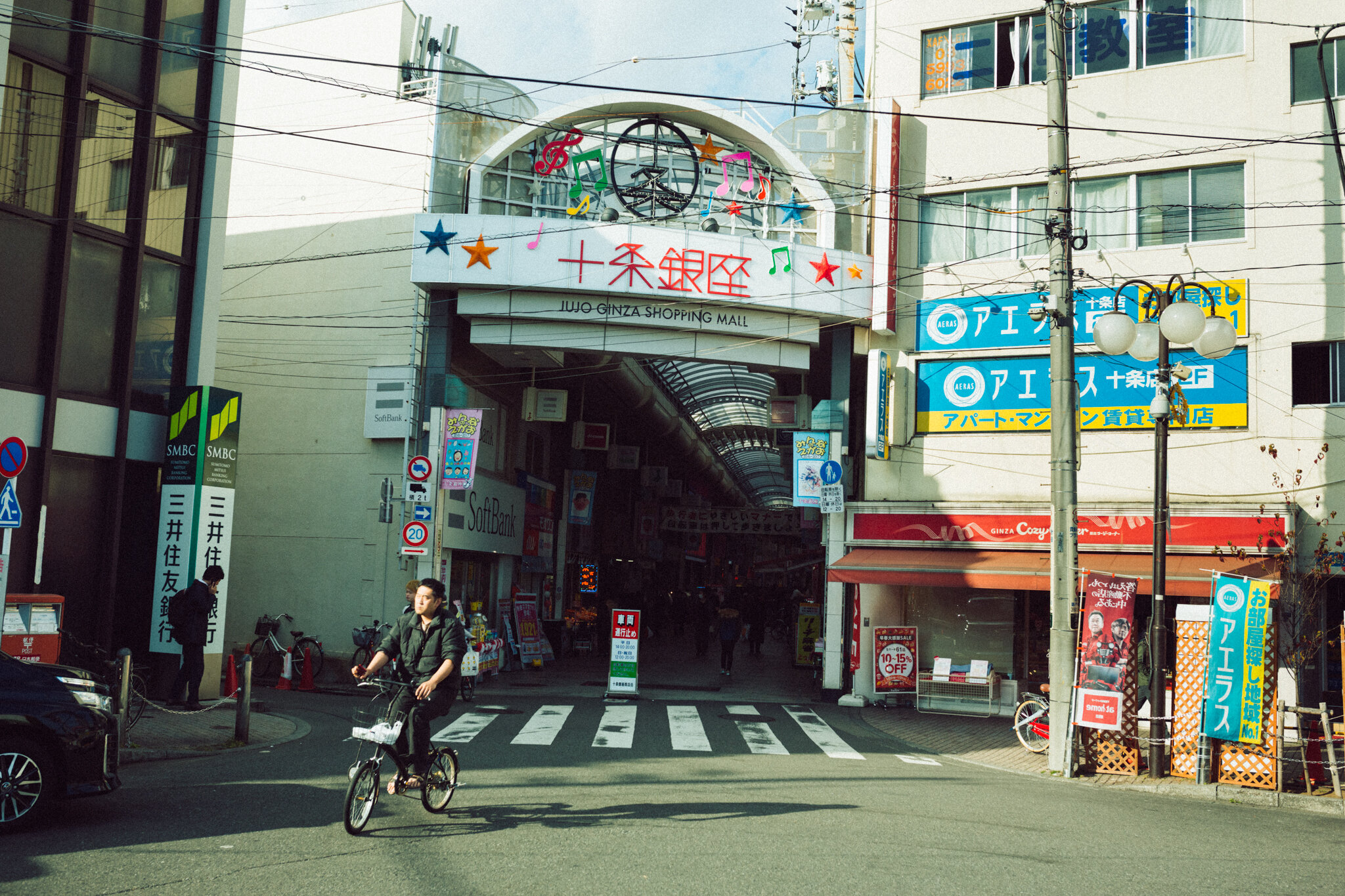
In Tokyo, there are traditional shopping arcades rooted in local communities, where store clerks and regular customers have friendly exchanges, and enthusiastic staff call out welcomes from inside shops. Many people choose to live in a place with a shopping arcade because it caters to, and supports the daily lives of, local people. The Jujo Ginza Shopping Arcade, which was established at the end of the Taisho Period (1912-1926), is famous for housing a substantial number of delicatessens and shops that sell fresh food, including meat, fish, and vegetables. You can find the arcade's bustling entrance on the opposite side of the traffic circle outside the north exit of JR Jujo Station. We've followed the flow of passers-by and visited a few shops.
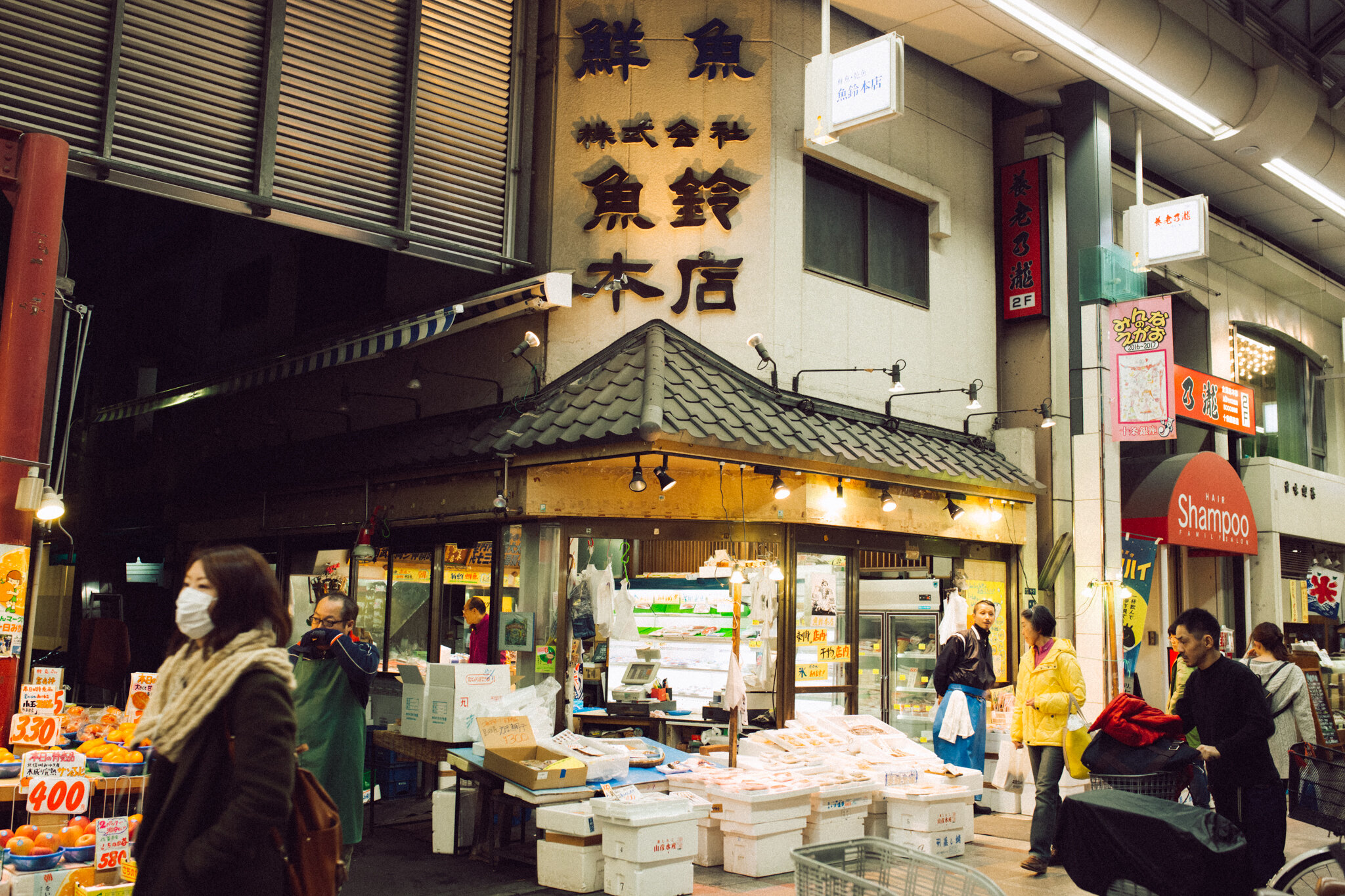
Uosuzu Honten, which was established at the end of the Meiji Period (1868-1912), is the oldest fishmonger in the arcade. Its fresh fish and sashimi, as well as processed food such as shrimp dumplings and goboten (fried fish cake with burdock) are popular items. Luxurious fish is available at affordable prices. Other benefits about shopping at a local fish store is that you can make conversation while shopping and have requests, such as splitting fish in half, met with flexibility.
Uosuzu Honten
Address: 1-3-7 Jujo Nakahara, Kita-ku
Tel.: 03-3900-3274
Business hours: 9:30-20:00
Regular holidays: Open year round except for Obon (in August) and New Year
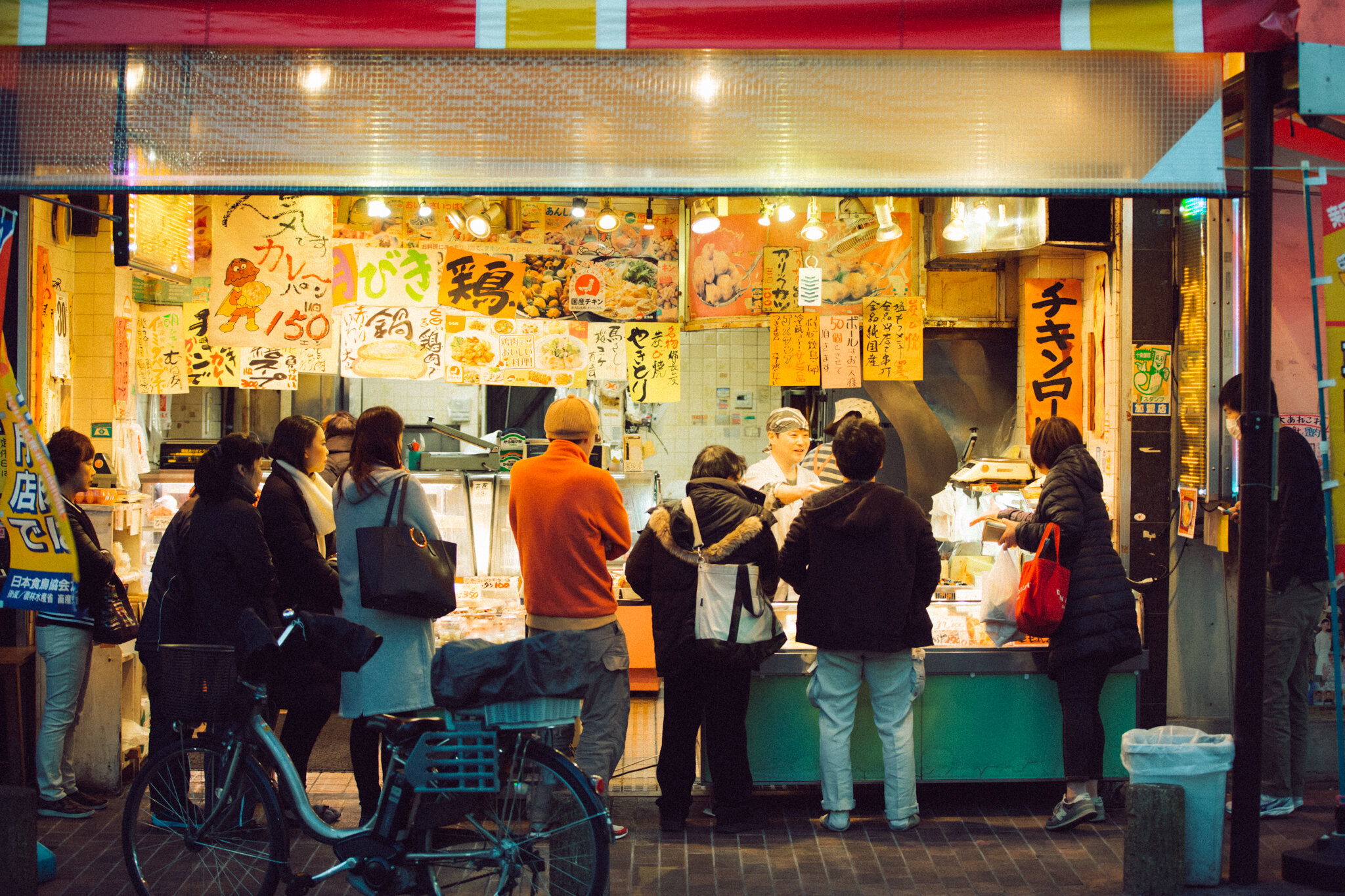
Toridai was originally a butcher shop, but is now also a popular delicatessen. The line of customers that forms in late afternoon is partially due to its most popular product: the chicken meatball, which is only 10 yen (limited to 50 pieces per person). The chicken used, which is butchered in the morning, is as fresh as it can be. Deli items, including omelets, fried dumplings, and various types of deep-fried foods, are jam-packed in the store front. On weekends many people travel from distant places to shop here.
Toridai
Address: 1-4-11 Jujo Nakahara, Kita-ku
Tel.: 03-3905-1414
Business hours: 10:00-20:00
Holidays: Sundays; some public holidays
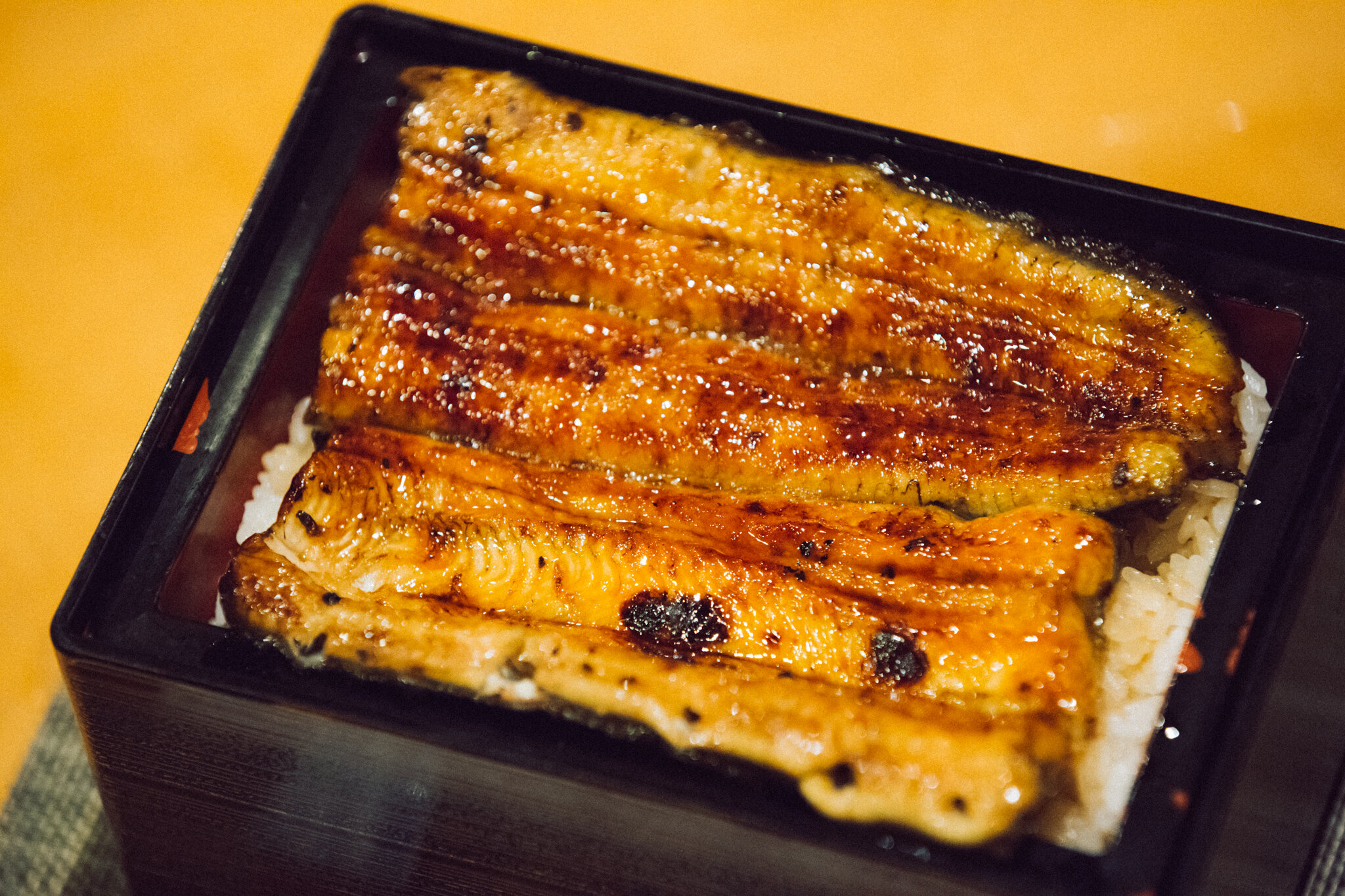
Wako is a long-established eel restaurant, popular for its take-out kabayaki (eel dipped and broiled in soy-based sauce). A fish tank is installed inside the store, which is rare to see in Tokyo. Eels from Shizuoka Prefecture are kept in water for about a week so they spit out soil and release odors, which is a common procedure in preparation. They are then carefully grilled over white charcoal to create a thick fluffy texture. The eel is best eaten after sprinkling it with a dash of highly aromatic budo sansho (a variety of Japanese pepper) before taking a huge bite. You can also savor the eel by eating it while sipping sake. The meal pictured is called kotobuki, grilled eel over rice, and is ¥3,000 (tax included).
Wako
Address: 1-25-13 Jujo Nakahara, Kita-ku
Tel.: 03-3908-2205
Business hours: Lunch: 11:30-15:00 (Last order 14:30)
Dinner: Weekdays 17:00-21:00 (Last order 20:30); Saturdays, Sundays, and Holidays: 17:30-21:00 (Last order 20:30)
Regular holidays: Tuesdays (closed on Wednesday if Tuesday is a public holiday)
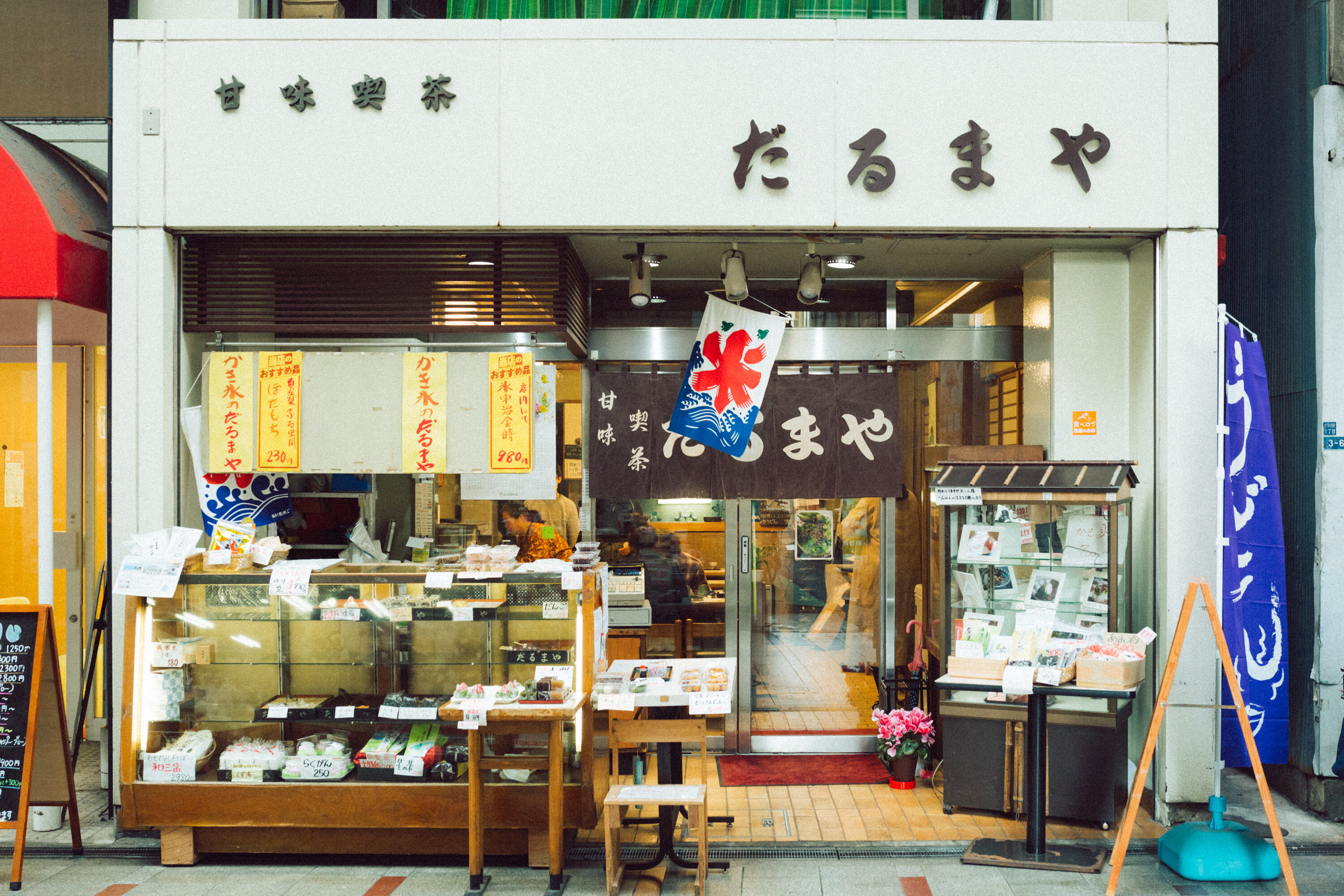
Darumaya Mochigashiten is an eclectic sweets shop that serves coffee and Japanese tea as well as wine. The owner, who claims to eat only what tastes delicious, carefully selects the best ingredients from across the country and serves them in the most refined way possible. The shop is renowned for making shaved ice desserts using pure ice from Kyoto. Customers include local sweets lovers and people from various places who are empathetic to the owner's passion.
Darumaya Mochigashiten
Address: 1-3-6 Jujo Nakahara, Kita-ku
Tel.: 03-3908-6644
Business hours: 10:00-18:30 (Last order)
Regular holidays: Tuesdays
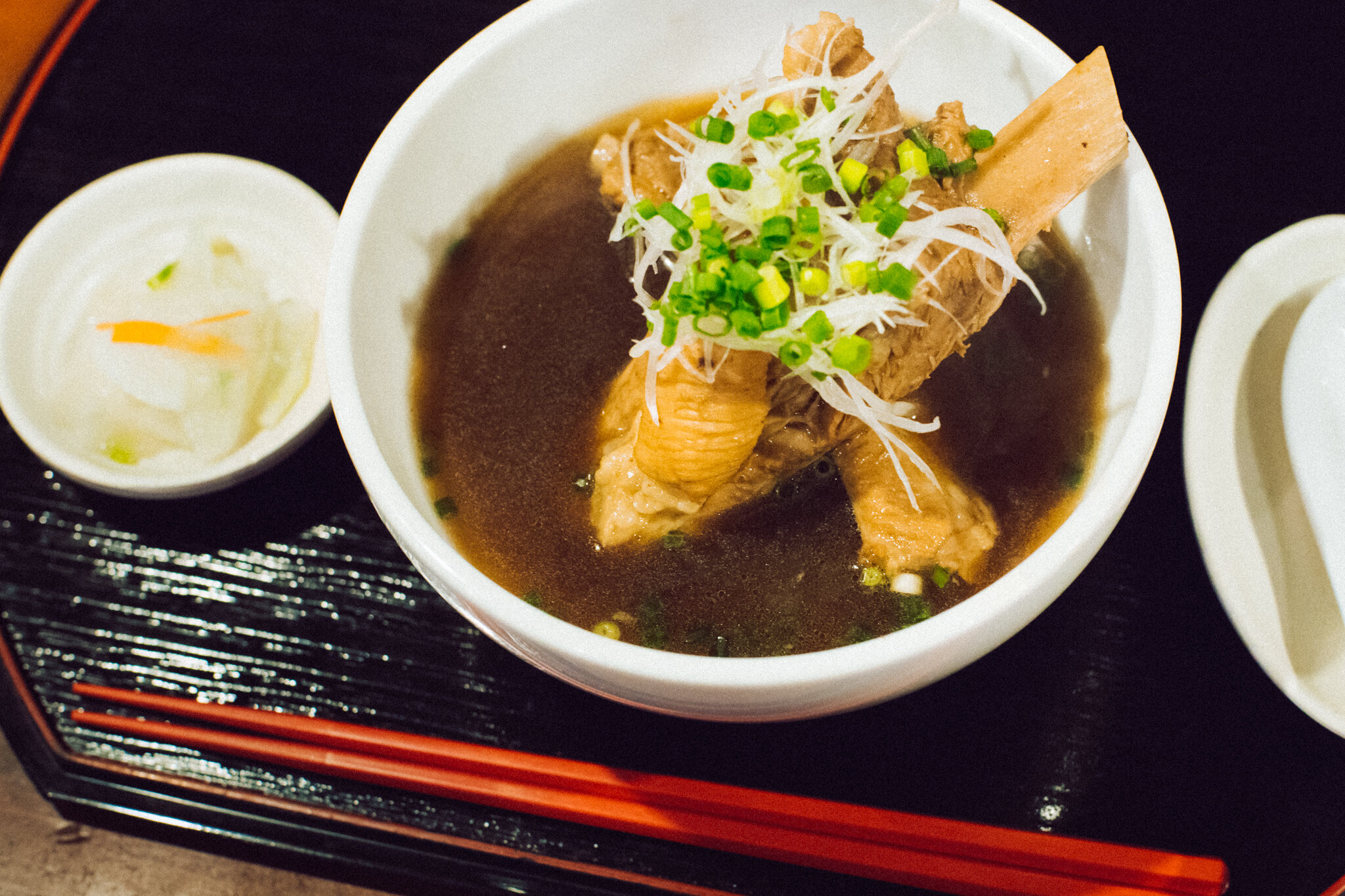
A1 Bak Kut Teh, as the name suggests, is a restaurant that specializes in a Malaysian cuisine called bak-kut-teh (pork ribs simmered in herbal stew.) The eatery has been in business for about four years. Although bak-kut-teh is a popular food in Malaysia, there are only a few restaurants in Japan that serve it. A1 Bak Kut Teh is the only one in the country that specializes in the dish. Many people become hooked after trying it for the first time and end up becoming repeat customers. The atmosphere of the restaurant is great for families and friends, as well as ladies dining alone. Come to enjoy pork ribs stewed in savory herbal soup.
A1 Bak Kut Teh
Address: 2-30-9 Kamijujo, Kita-ku
Tel.: 03-6325-7789
Business hours: 11:00-21:30 (Last order 21:00)
Regular holidays: Open year round
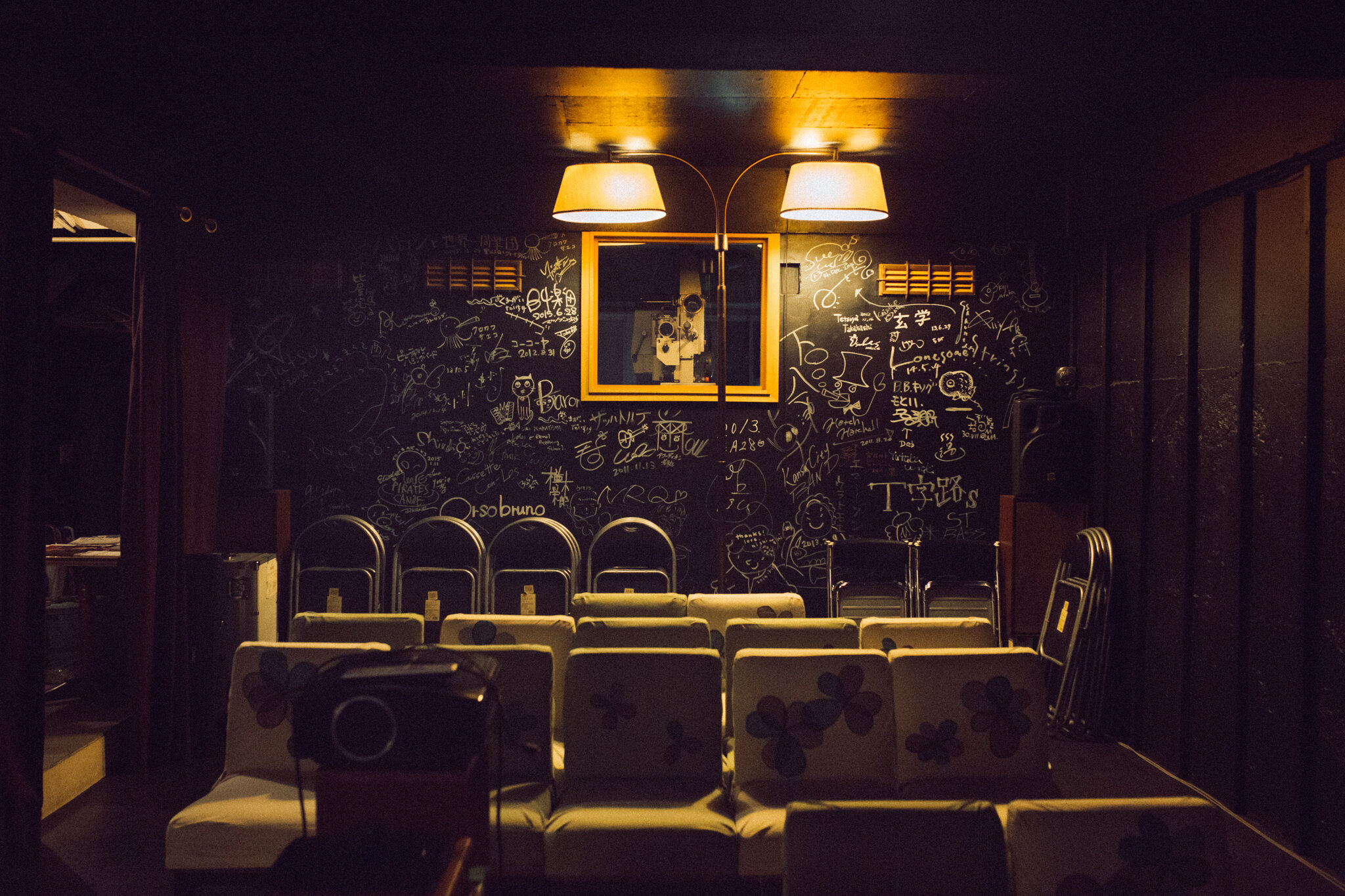
Walk down a narrow stairway filled with movie posters and you will see the entrance of cinécafé soto. It is a cafe restaurant attached to a small movie theater with a 35mm projector. Its owner built this space so people can have a conversation after watching a film. Aside from screenings, it hosts events such as rakugo (Japanese storytelling) and talk shows. It is gaining popularity as a hideout for adults.
cinécafé soto
Address: B1F Suzuki Building, 2-27-12 Kamijujo, Kita-ku
Tel.: 03-3905-1566
Business hours: 11:00-23:00 (Last order 22:00)
Regular holidays: Closed about once a month
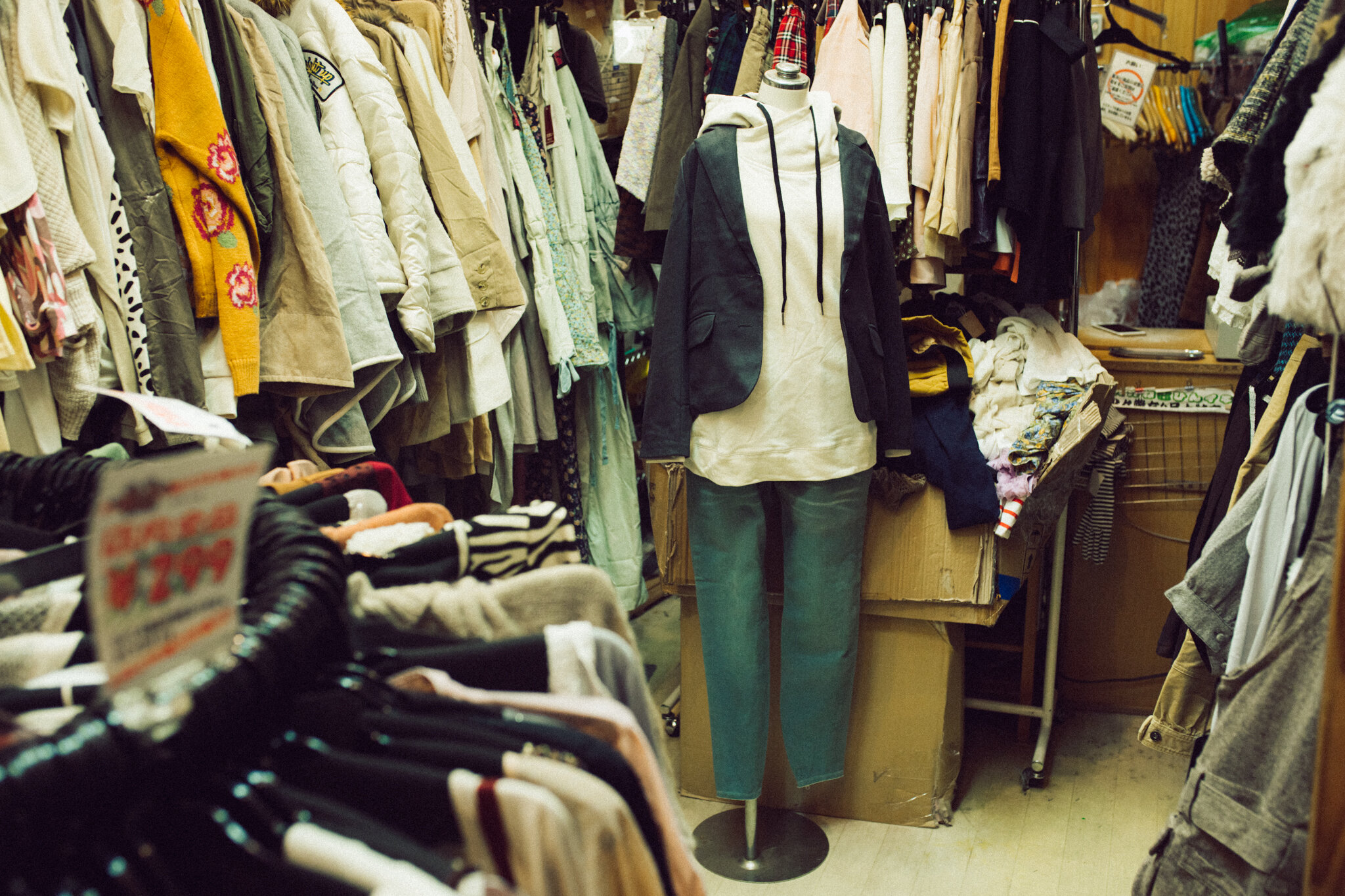
Aozora Clothing is one of the cheapest thrift stores in Tokyo. It sells clothes with small defects such as fraying and loose buttons that you won't find in ordinary stores. Most of the clothes are 299 yen but sometimes you can find a bargain with a 100 yen price tag! Women of various age groups enjoy treasure hunting here. Apparently layering an outfit by combining a parka and a jacket is in fashion this spring.
Aozora Clothing
Address: 1-5-10 Jujo Nakahara, Kita-ku
Tel.: 03-6479-6731
Business hours: 11:00-19:00
Regular holidays: Open year round
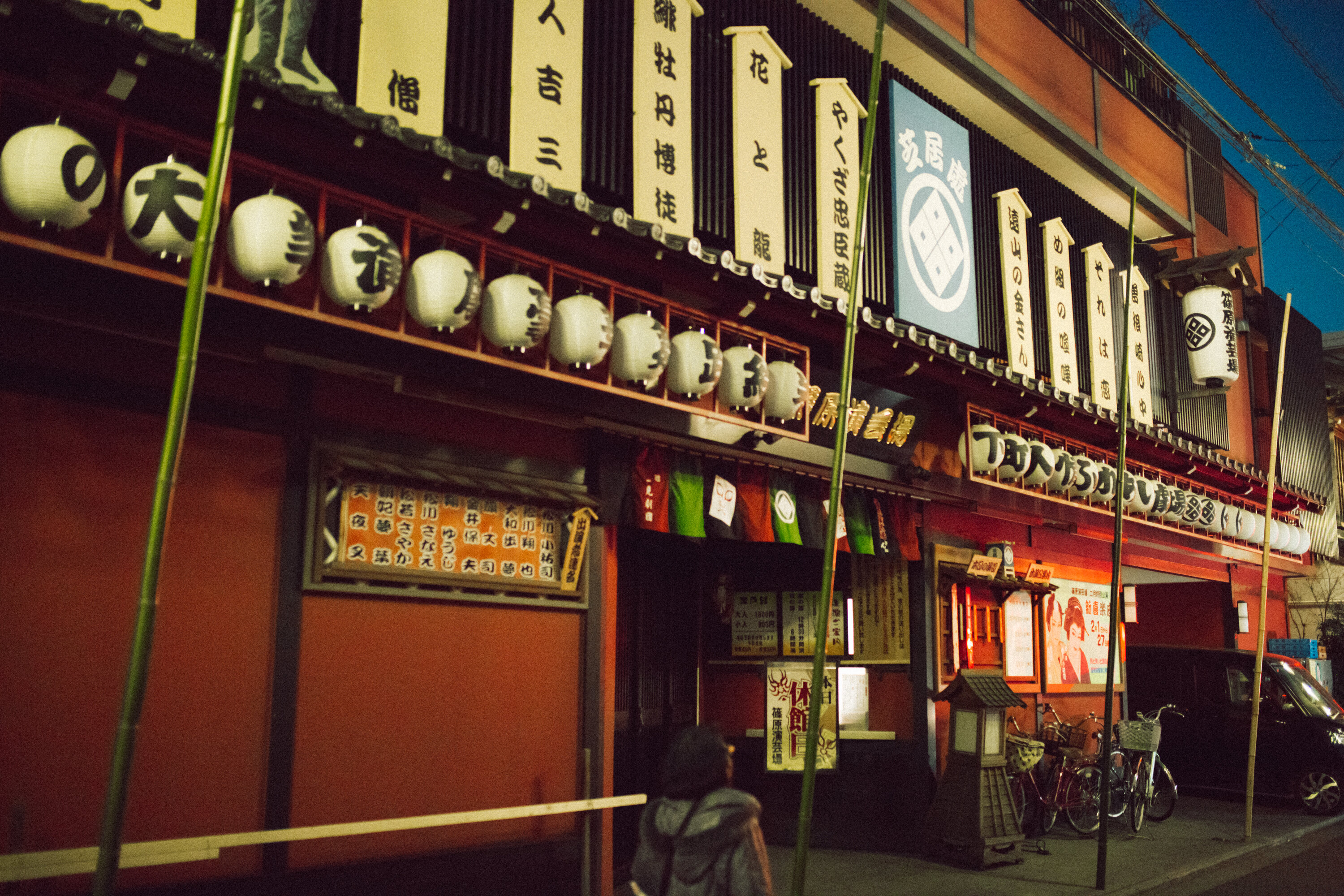
At Shinohara Entertainment Theater you can enjoy a samurai drama and Japanese dance by performers dressed in kimono. There are 12 theater companies and each one is in charge of different months of the year. Because programs and costumes change every day, every show is unique. Although the scripts are not translated, you will feel as though you have time traveled to the Edo Period (1603-1868) while watching a samurai sword fight and elegant dances by oiran (high-ranking courtesans).
Shinohara Entertainment Theater
Address: 2-17-6 Nakajujo, Kita-ku
Tel.: 03-3908-1874
Entrance fee: Adult ¥1,600, children (aged 4-primary school students) ¥900
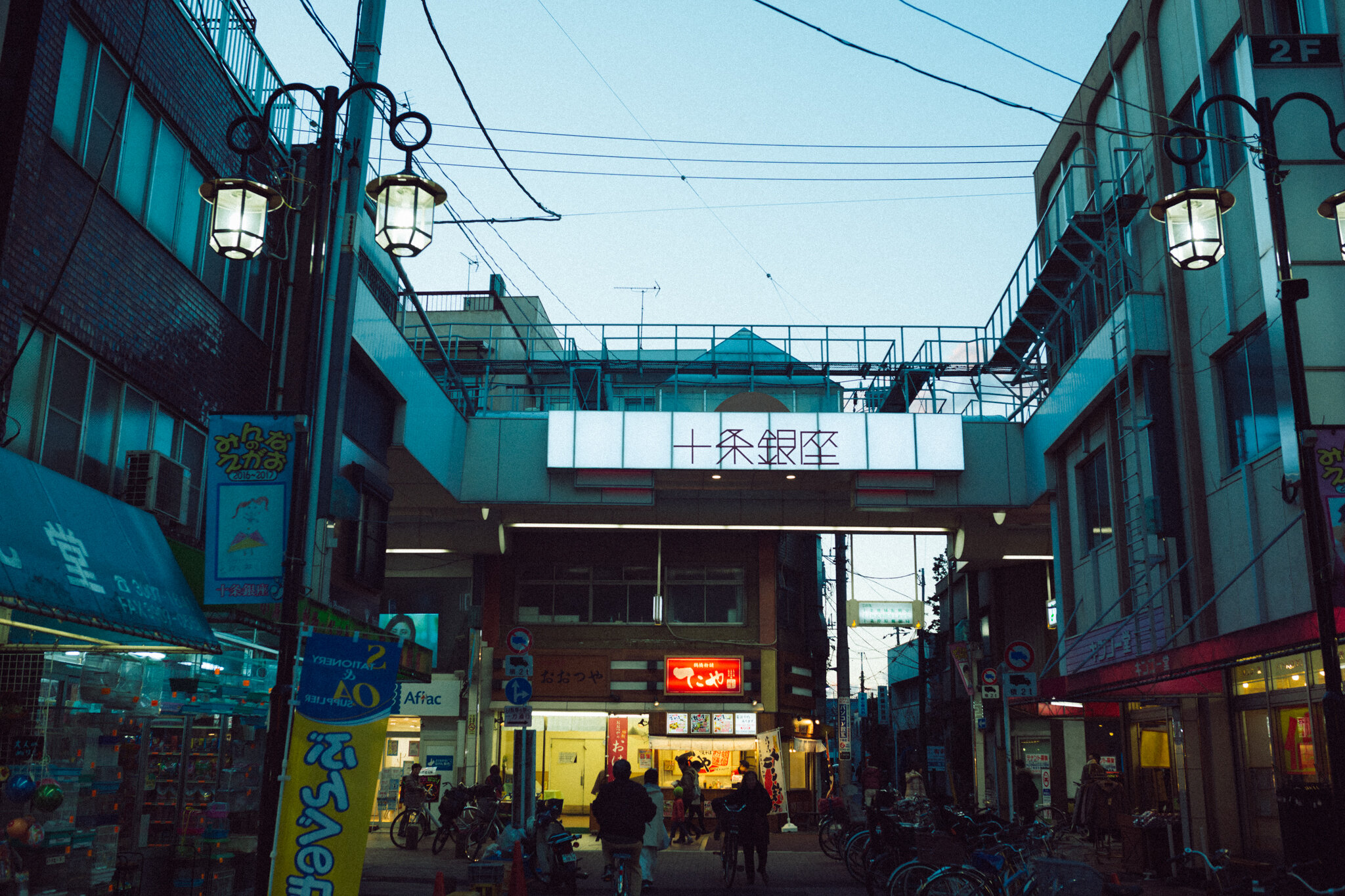
Jujo Ginza Shopping Arcade becomes a different world when neon lights from its numerous izakaya (taverns) illuminate the night. The street welcomes people returning from work as if they are a part of a family, and never ceases to provide warmth to locals and visitors.
Jujo Ginza Shopping Arcade Official Website
jujo-ginza.com
*This article was posted on the Life in Tokyo website operated by the Tokyo International Communication Committee on April 24, 2017.
